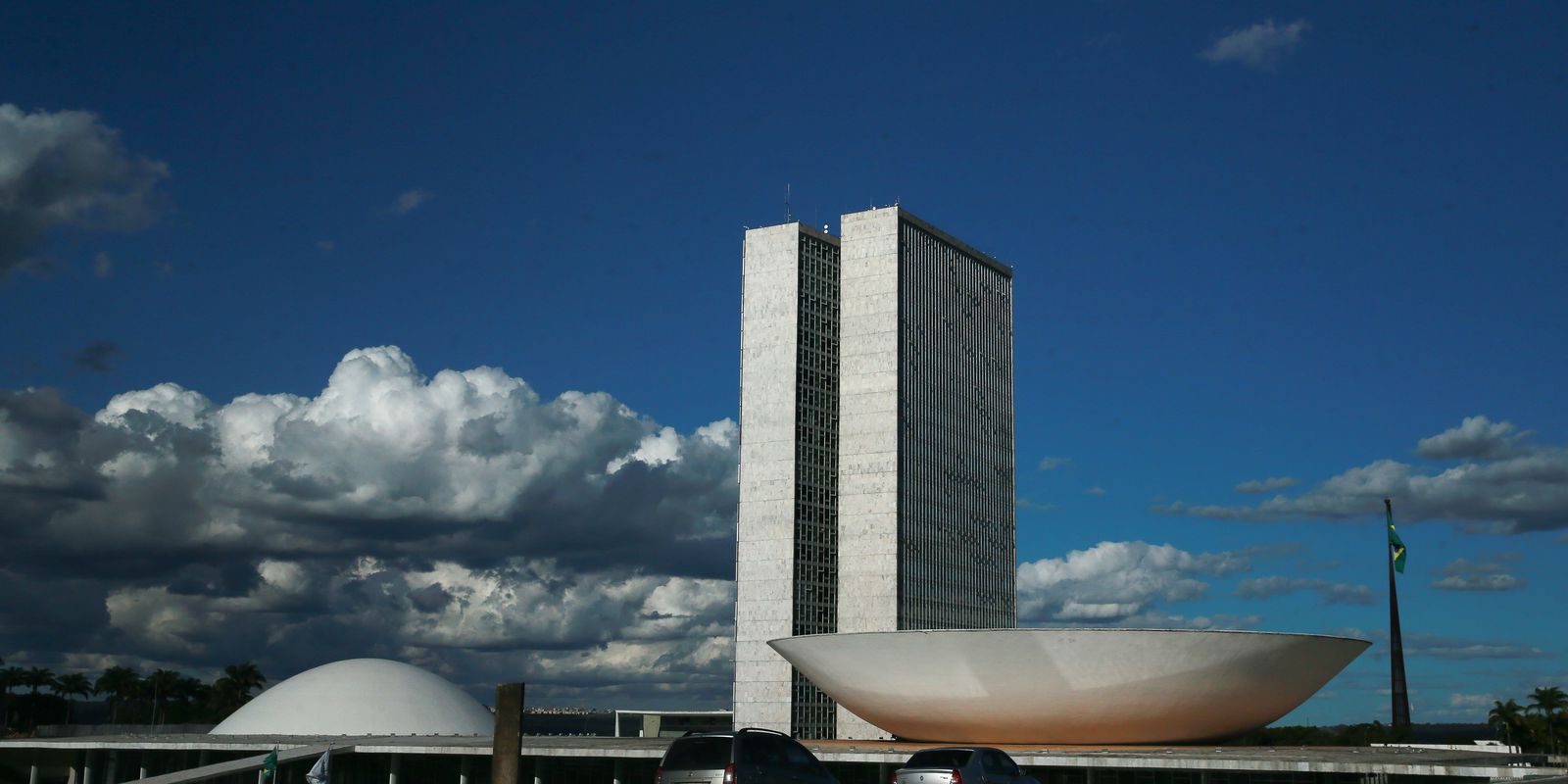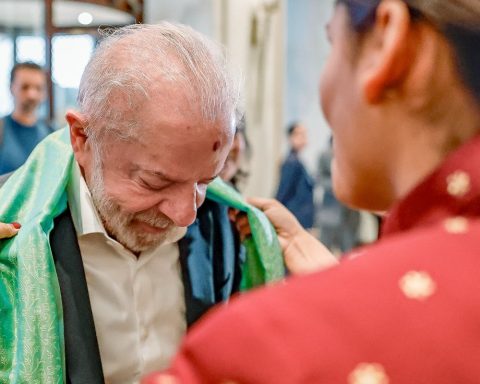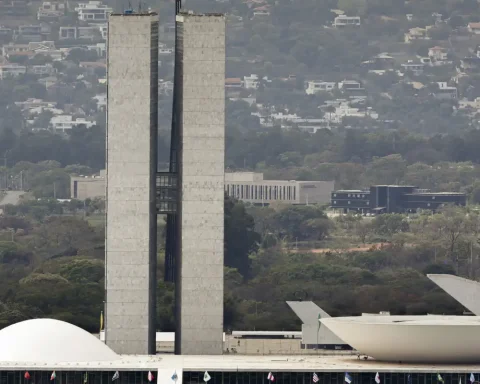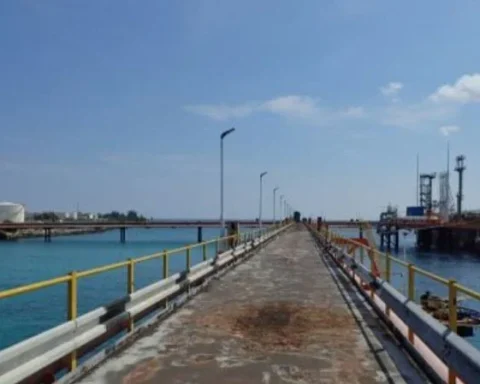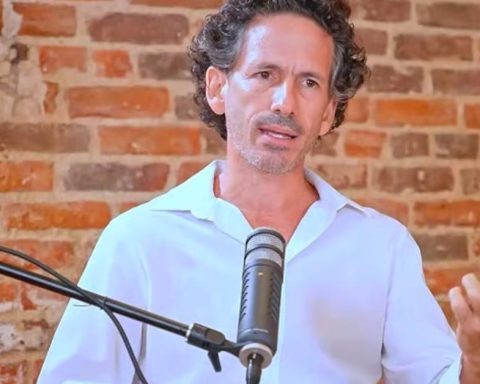The working group of the Chamber of Deputies that will analyze issues related to semi-presidentialism held its first meeting today (23).
Established last week, the group aims to debate the possibility of adopting this system, in which the president of the Republic shares power with a prime minister, elected by the National Congress.
At the start of the meeting, deputy coordinator Samuel Moreira (PSDB-SP) informed that the group will have until mid-July to complete the work. In addition, parliamentarians will also have the assistance of a council of jurists, chaired by the former president of the Federal Supreme Court (STF) Nelson Jobim.
Moreira also said that at the next meeting, which has not yet been set, the group will discuss the work plan, with public hearings for the participation of different sectors of society.
According to the coordinator, semi-presidentialism can be better than the current system because the parliament will have to assemble a coalition to ratify the name of the prime minister chosen by the president. For Moreira, parliamentarians will have to share more responsibilities with the direction of the government.
“In semi-presidentialism, Parliament is obliged to get involved, to constitute a majority and this majority forms the coalition contract and approves the prime minister who is appointed by the president,” Moreira said.
For him it is necessary to give more “responsibility to parliament”. “It is necessary to make this constituted majority responsible for the execution of the government plan for which the president was elected”, he stressed.
Elections 2022
Moreira also said that he intends to have a broad debate and that he wants to prevent the topic from being contaminated by this year’s elections. According to him, the group will propose that any change in the government system will only take effect from 2030.
“We will respect this year’s election and withdraw any proposal that could contaminate the elections,” he said.
The adoption of semi-presidentialism is defended by the president of the Chamber of Deputies, Arthur Lira (PP-AL), with the argument that the system offers more stability to the government. In February, before creating the group, Lira said that he does not intend to put the collegiate’s proposals to a vote before the election. For him, any change in the system of government must be voted on by the new congress, to be chosen in October.
